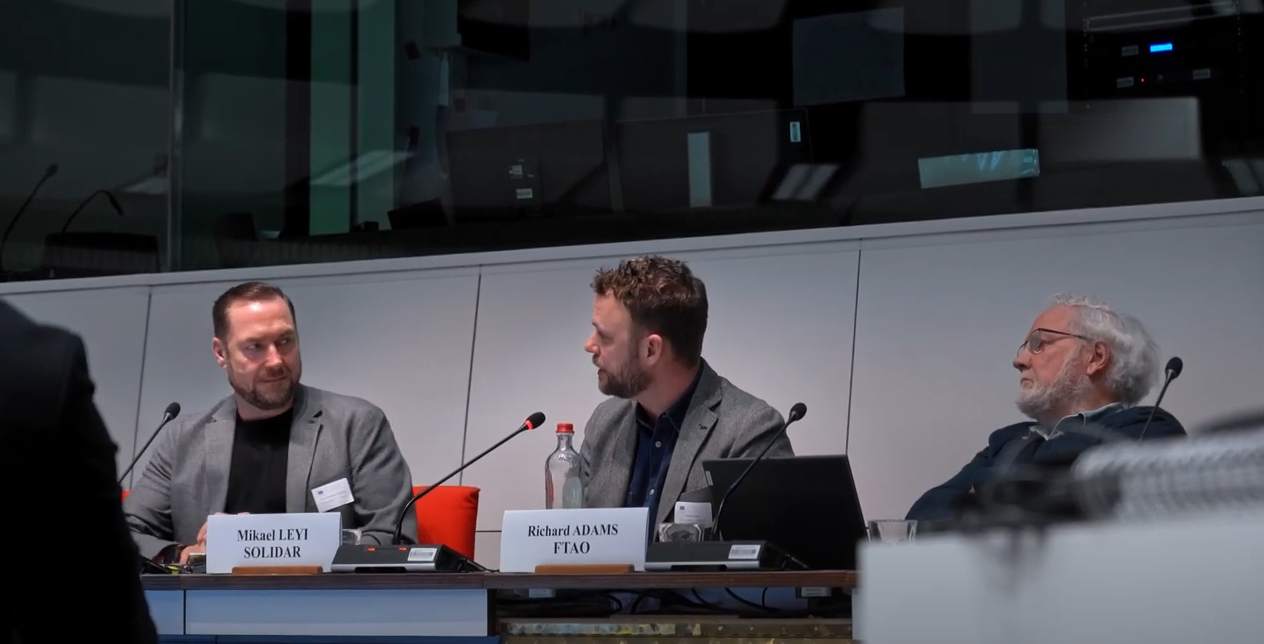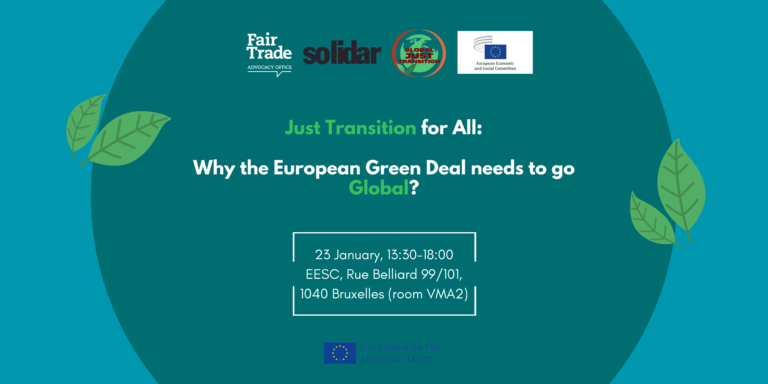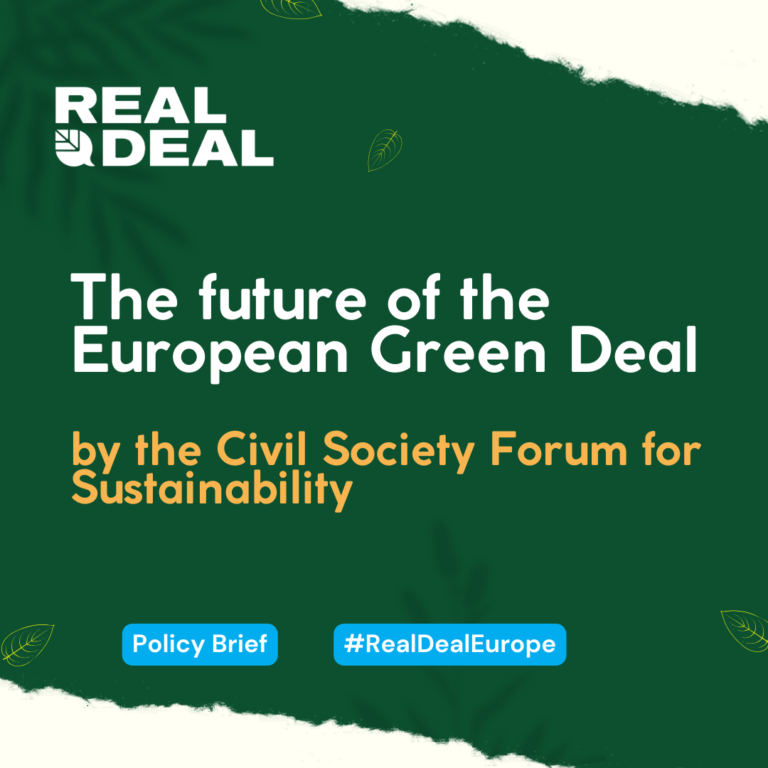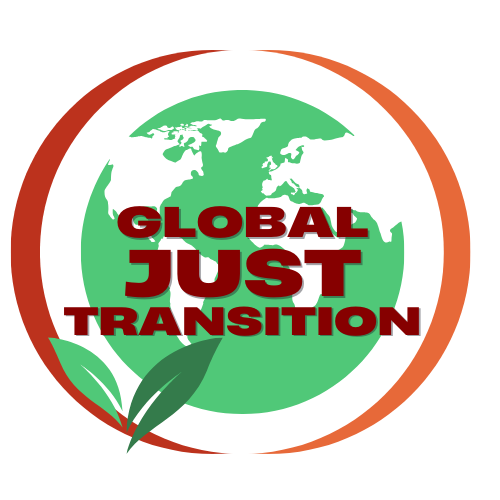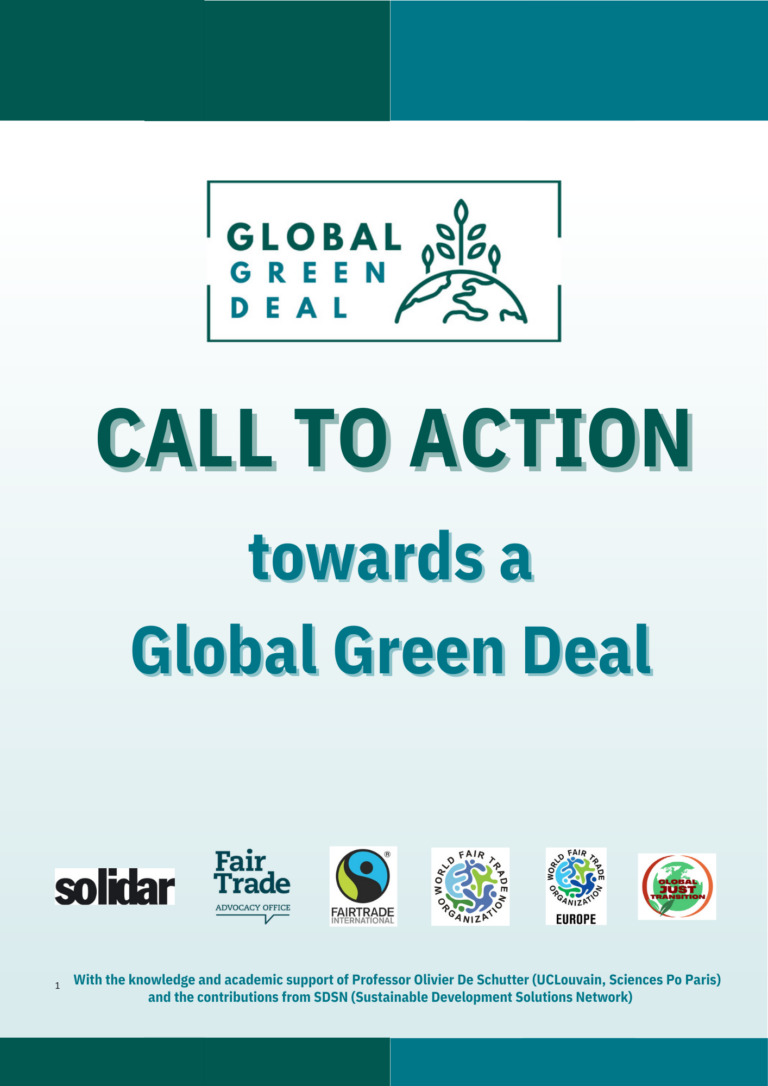A Global Just Transition that leaves no one behind…EU borders
“Developing countries produce raw materials and agricultural products for the Global North, often at the expense of local indigenous communities and small farmers. Lithium, crops, grains, are often produced by them at the cost of indigenous and local communities. They export crude oil but must buy gasoline.”
Olivier de Schutter, UN Special Rapporteur on Extreme Poverty and Human Rights speaking at the “Just Transition for All: Why the European Green Deal needs to go Global” event)
Just Transition is a strong concept, very well known in the Brussels bubble and beyond. We hear about that, we know its importance and we know that the EU is putting a lot of effort in promoting it. However, we do not live on an island, and every action, every decision, and every policy that is taken at the European level, will inevitably affect the rest of the world, either positively or negatively. This is also the case of the European Green Deal.
Since its launch in 2019, the EGD has proven to be an exceptional tool that boosted the EU’s commitment to cut its emissions and become the first climate-neutral continent in the world. Yet, these efforts will start to sound like empty promises if the EU does not begin assessing the international implications of its green transition and develops policies that guarantee a fair distribution of its costs and opportunities between Europe and its partner countries.
Global problems require global solutions. If we try to solve a global problem with a European solution, this will just become someone else’s problem.
This is why, since 2022 SOLIDAR has been working with its members and partners to collect views and approaches of just transition from Global South’s civil society organisations, including trade unions, indigenous rights defenders and feminist collectives.
Our campaign for a Global Just Transition will continue in 2024, with one main ask: let’s improve the current European Green Deal and transform it into a global one.
The event “Just Transition for All: Why the European Green Deal needs to go Global”, held by SOLIDAR and FTAO, in partnership with the EESC, addressed the imperative of strengthening the coherence among the environmental and social dimensions of the EGD while demonstrating the need for it to become global. In line with the Policy Coherence for Development, the internal and external facets of the Green Deal must be better integrated to prevent the EU green transition occurs on the back of workers and the environment at the global level.
Only by turning global, will the Green Deal enable the EU to make further progress in achieving the Sustainable Development Goals by 2030.
SOLIDAR will keep working together with its networks, partners and allies to develop this common vision and realise a Global Green Deal that benefits people and the planet, whose essential elements shall be:
- Active promotion of an enabling environment for Civil Society Organisations and Trade Unions and ensuring their meaningful participation in Green Deal policies.
- Implement in-depth sustainability impact assessments (ex-ante and ex-post) to tackle the negative spillovers of its policies and investments.
- All EU interventions should be underpinned by a human-rights-based approach and the respect of the ‘do not harm’ principle. Transparency of the financing resources needs to be ensured as a pre-condition to any investment.
- Support developing countries’ efforts to implement their commitments on social protection floors and quality public services, particularly health and education.


